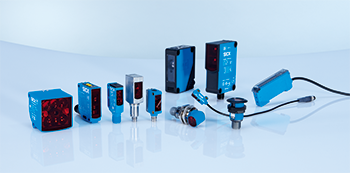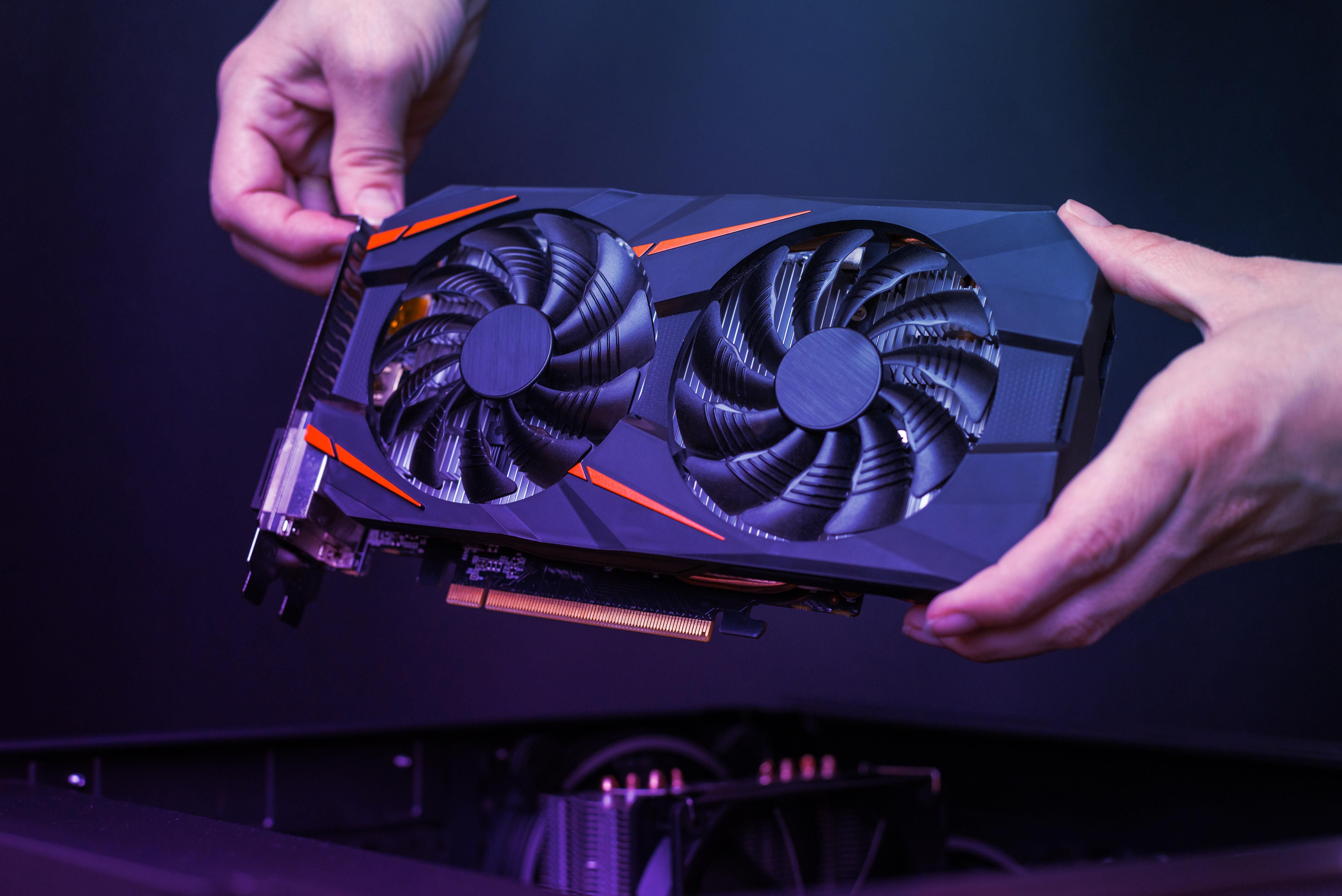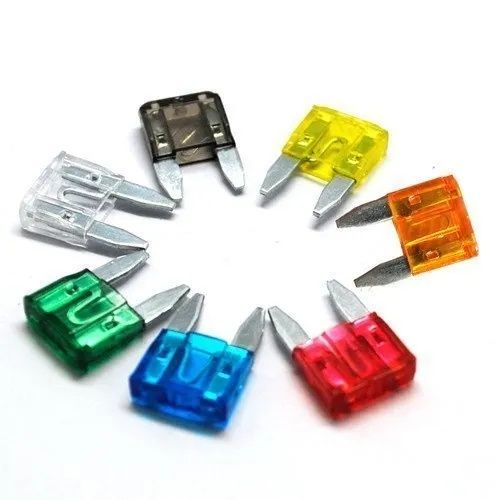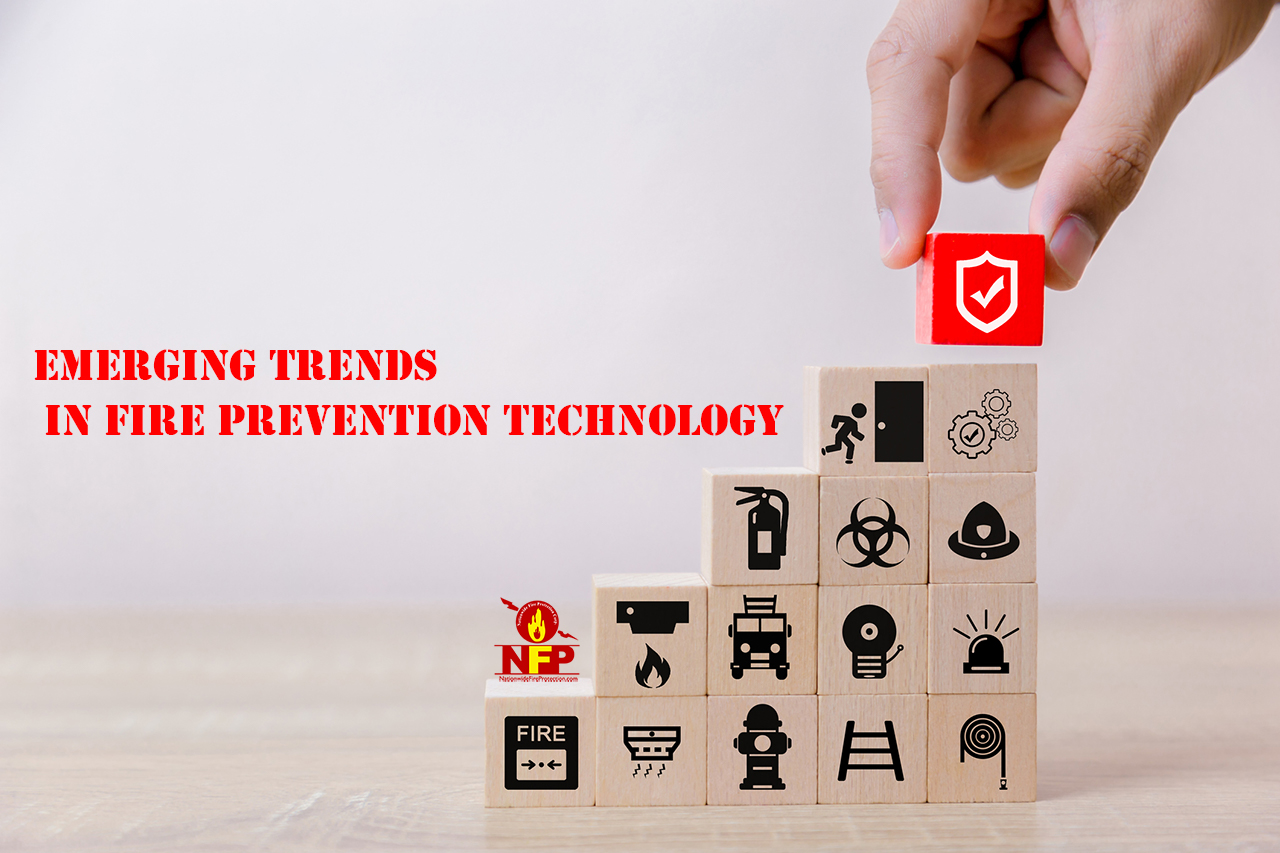Explore Industrial Sensors: A Complete Guide and Insights
Industrial sensors are devices designed to detect and respond to physical inputs from the environment. These inputs can include distance, presence, temperature, pressure, light, motion, or fluid levels. The sensor converts this information into a signal that control systems, like Programmable Logic Controllers (PLCs) or Human-Machine Interfaces (HMIs), can interpret.
The primary purpose of industrial sensors is to monitor and control various processes within industries such as manufacturing, energy, and automation. By providing real-time data, these sensors enable systems to make informed decisions, ensuring optimal performance, safety, and efficiency.
Importance – Why Industrial Sensors Matter Today
Industrial sensors play a crucial role in modern industries by:
-
Enhancing Operational Efficiency: Sensors provide real-time data that allows for timely adjustments, leading to optimized processes and reduced downtime.
-
Ensuring Safety: Sensors monitor critical parameters like temperature, pressure, and gas levels, helping to detect hazardous conditions early and prevent accidents.
-
Supporting Predictive Maintenance: By monitoring equipment conditions, sensors can predict failures before they occur, allowing for proactive maintenance and reducing unexpected breakdowns.
-
Facilitating Automation: Sensors are integral to automated systems, enabling machines to perform tasks with minimal human intervention.
These benefits are particularly significant in sectors such as manufacturing, oil and gas, healthcare, and transportation, where precision and reliability are paramount.
Recent Updates – Developments in Industrial Sensor Technology
In recent years, there have been notable advancements in industrial sensor technology:
-
Advanced Gas Sensors: New gas sensors capable of detecting harmful gases at low concentrations have been developed, improving air quality monitoring and workplace safety.
-
Integration with Industry 4.0: Sensors are increasingly integrated into smart manufacturing systems, allowing for data-driven decision-making and improved process control.
-
Miniaturization and Energy Efficiency: Smaller, energy-efficient sensors are enabling applications in portable and battery-powered devices, expanding their industrial use.
Laws or Policies – Regulatory Framework Affecting Industrial Sensors
In India and globally, several regulations influence the deployment and use of industrial sensors:
-
The Information Technology Act, 2000: Provides a legal framework for electronic governance and addresses cybersecurity, impacting sensor data transmission and storage.
-
The Digital Personal Data Protection Act, 2023: Establishes guidelines for the processing of personal data, affecting sensors that collect such information.
-
Occupational Safety, Health, and Working Conditions Code: Mandates safety certifications for establishments, encouraging the use of sensors to maintain safe working conditions.
These regulations aim to ensure that industrial sensors are used responsibly, protecting both workers and the environment.
Tools and Resources – Helpful Tools, Apps, and Websites
Several resources are available to support the selection, implementation, and maintenance of industrial sensors:
-
Sensor Selection Guides: Various manufacturers provide detailed guides to help choose the right sensors for specific applications.
-
Simulation Tools: Software platforms offer environments to test sensor configurations before deployment.
-
Industry Standards: Standards organizations publish specifications that define requirements for industrial sensors, ensuring quality and consistency.
-
Educational Resources: Online tutorials and knowledge platforms provide insights into sensor technologies and practical applications.
FAQs – Common Questions About Industrial Sensors
1. What types of industrial sensors are commonly used?
Common types include temperature, pressure, flow, level, position, vibration, and proximity sensors. Each type serves a specific function in monitoring and controlling industrial processes.
2. How do industrial sensors contribute to predictive maintenance?
By continuously monitoring equipment conditions, sensors can detect anomalies that may indicate impending failures, allowing for timely maintenance and reduced unplanned downtime.
3. Are there standards for industrial sensors in India?
Yes, the Bureau of Indian Standards (BIS) has established specifications that ensure industrial sensors meet quality and performance criteria.
4. How do industrial sensors integrate with automation systems?
Sensors provide real-time data to automation systems, enabling them to make informed decisions and perform tasks with minimal human intervention, enhancing efficiency and precision.
5. What are the challenges in implementing industrial sensors?
Challenges include ensuring compatibility with existing systems, maintaining sensor calibration, managing large volumes of data, and addressing cybersecurity concerns.
Conclusion
Industrial sensors are integral components in modern industries, providing critical data that drives efficiency, safety, and automation. With advancements in technology and supportive regulatory frameworks, the role of sensors is set to expand, offering new opportunities for innovation and improvement across sectors.
Understanding the fundamentals, importance, and resources related to industrial sensors equips individuals and organizations to leverage their full potential, contributing to the ongoing evolution of industrial processes.



